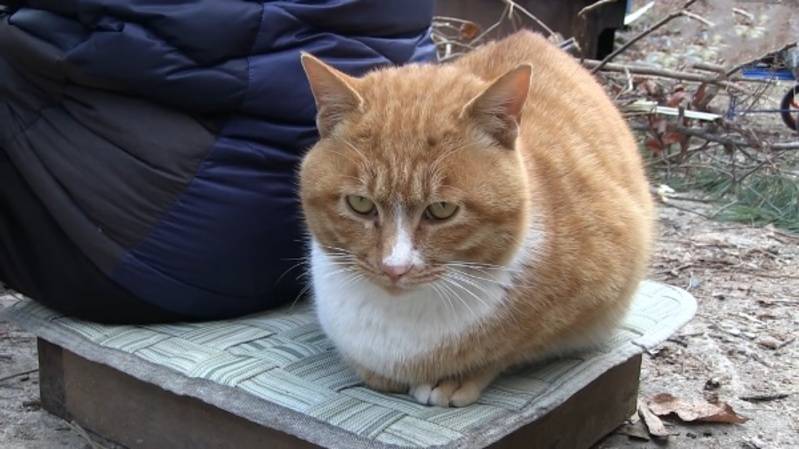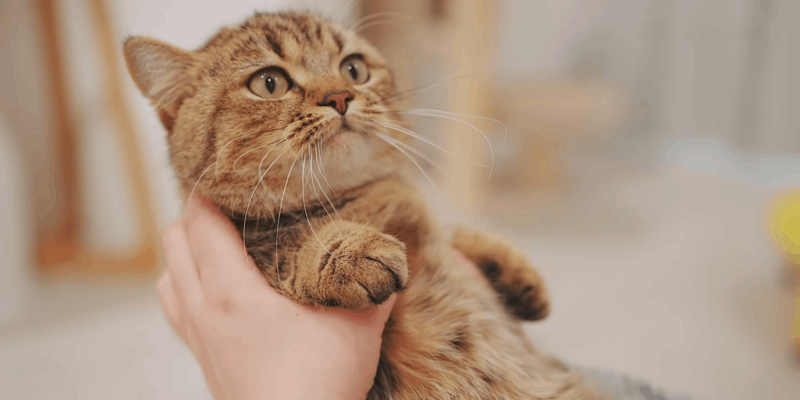No products in the cart.
Can cats have CBD oil? We always want the best for our cherished feline friends as pet parents. In recent years, CBD oil for animals has become a great natural treatment for animals, especially cats. In this blog, we will discover CBD for cats, its potential advantages, how it works, and how to consume CBD oil. So, let’s delve into the world of CBD oil and discover how it might positively impact our beloved furry companions.
Can Cats Have CBD Oil?
Yes, cats can have CBD oil, and many pet owners use it to potentially address various health issues in their feline companions. Many pet owners and veterinarians use CBD oil as a supplement to potentially address various health issues and promote overall well-being in cats.
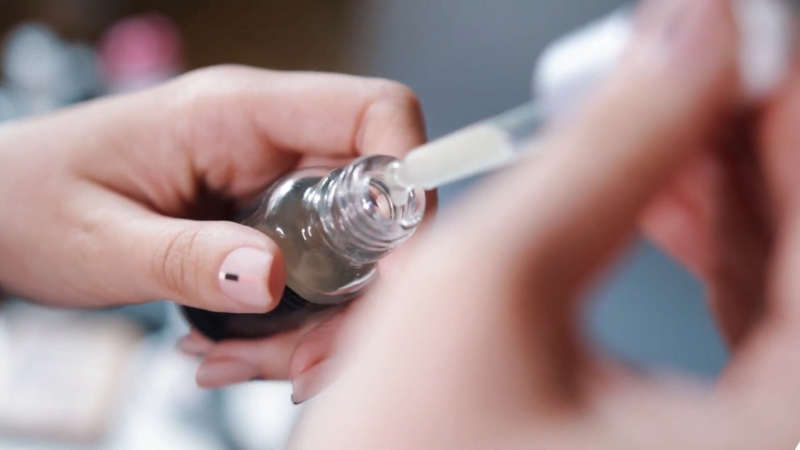
The Endocannabinoid System in Cats
The endocannabinoid system (ECS) in cats is an intricate network of cannabinoid receptors, endocannabinoids, and enzymes in charge of producing and degrading these substances. The ECS is involved in maintaining balance, or homeostasis, within the body.
In cats, as in other mammals, the ECS is thought to regulate various physiological functions, including:
- Mood and behavior
- Pain perception
- Appetite and digestion
- Immune system response
- Sleep patterns
- Memory and learning
Potential Benefits of CBD Oil
CBD and its potential benefits for cats are still relatively limited. However, it was gaining popularity as an alternative or complementary treatment for various feline health issues. Here are some potential benefits of CBD oil for cats:
- Pain relief: CBD’s interaction with the cat’s endocannabinoid system may aid cats who are suffering from arthritis, inflammation, or other types of discomfort.
- Anxiety and stress reduction: CBD’s calming effects may help reduce anxiety and stress in cats, particularly in response to changes in their environment, loud noises, or separation anxiety.
- Anti-inflammatory properties: Cats with inflammatory conditions, such as inflammatory bowel disease (IBD), may benefit from CBD.
- Appetite stimulation: CBD oil cat may help stimulate a cat’s appetite, making it beneficial for felines experiencing appetite loss or nausea.
- Seizure management: Although further research is required, several studies have suggested that CBD may help cats with certain types of epilepsy manage their seizures.
Safety Considerations for Administering CBD Oil to Cats
When considering administering CBD oil to cats, it’s crucial to prioritize their safety and well-being. Here are some important safety considerations to keep in mind:
- Consult with a veterinarian: Always seek advice from a vet professor who is experienced with CBD oil before administering it to your cat. They can provide personalized advice based on your cat’s health history, current medications, and individual needs. A vet can also help determine the appropriate dosage and frequency of administration for your cat.
- Choose high-quality CBD products: Select CBD products that are specifically formulated for pets. Look for third-party lab testing certificates to ensure the product’s quality, purity, and absence of harmful substances like pesticides or heavy metals.
- Avoid THC-containing products: The psychoactive component of cannabis, THC (tetrahydrocannabinol), is hazardous to cats. To make sure your cat doesn’t experience any negative effects, only choose CBD products that are marked as “THC-free” or have trace levels (often less than 0.3%).
- Start with a low dosage: Begin with a low dosage of CBD and monitor your cat’s response. Starting low and gradually increasing the dosage allows you to observe how your cat reacts and helps prevent potential adverse effects.
- Observe for any adverse reactions: Keep a close eye on your cats after administering CBD oil. Watch for any unusual behavior, signs of distress, or allergic reactions. Stop using it right away and speak with your veterinarian if they have any side effects.
- Avoid combining with medications: Some medications can interact with CBD, potentially altering their efficacy or causing adverse reactions.
CBD Oil How It Works
Cats’ endocannabinoid systems (ECS) respond to CBD in a manner similar to how humans and other species’ ECS respond to it. The ECS is a sophisticated network of receptors, endocannabinoids (naturally occurring cannabinoids produced by the body), and enzymes that are essential in controlling a variety of physiological processes and preserving homeostasis (balance) within the body.
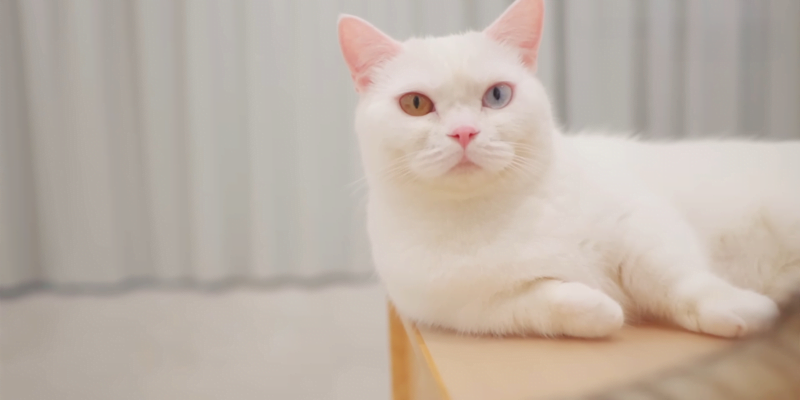
Interaction With Cannabinoid Receptors
The ECS has two primary types of receptors: CB1 and CB2 receptors. The brain and neurological system are the primary locations of CB1 receptors, whereas the immune system and peripheral tissues are the primary locations of CB2 receptors. CBD does not directly bind to these receptors but can modulate their activity, leading to various effects.
- Increase in endocannabinoid levels: CBD can affect the ECS by preventing endocannabinoids like anandamide from degrading.
- Regulation of neurotransmitters: CBD may impact the brain’s activity and influence serotonin and dopamine, essential neurotransmitters responsible for mood regulation, anxiety, and the body’s response to stress.
- Anti-inflammatory effects: CBD exhibits anti-inflammatory properties by engaging with immune cells and reducing the production of inflammatory cytokines. The treatment of several inflammatory illnesses may benefit from this finding.
- Analgesic (Pain-relieving) effects: CBD’s interaction with the ECS and other neurotransmitter systems can contribute to its potential pain-relieving properties.
- Anxiolytic effects: CBD may help reduce anxiety and stress by modulating the ECS and other brain receptors involved in mood regulation.
- Possible anticonvulsant effects: Some studies point out that CBD can have anticonvulsant qualities, which are helpful for epilepsy or seizure disorders in cats.
Differentiating CBD from THC
While both CBD and THC are cannabinoids found in the cannabis plant, they have distinct properties and effects:
- Psychoactivity: THC is psychoactive and produces the “high” sensation, while CBD is non-psychoactive and does not cause intoxication.
- Medical applications: THC has been used for its potential therapeutic effects, such as pain relief and appetite stimulation. However, CBD is well known for its potential benefits in managing pain, anxiety, inflammation, and a number of other illnesses
- Legal status: The legality of THC and CBD varies depending on the jurisdiction. THC is still widely regarded as a prohibited narcotic, however, CBD derived from hemp with less than 0.3% THC is frequently allowed worldwide.
- Side effects: THC side effects include increased heart rate, dry lips, memory loss, and anxiety. When used in the right amounts, CBD is generally regarded as safe with few side effects, which may include tiredness and mild stomach problems.
How to Consume CBD Oil
Administering CBD drops to cats requires a different approach compared to humans due to their unique physiology and size. Here’s a step-by-step guide on how to give CBD drops to cats effectively:
- Choose the right CBD product: Select a high-quality CBD oil product specifically formulated for pets, particularly cats. Look for products that clearly indicate the CBD content per serving and are derived from hemp with a low THC content (less than 0.3%).
- Consult with a veterinarian: It’s crucial to speak with a vet knowledgeable about CBD usage in pets before administering CBD drops to your cat, as they can provide personalized advice based on your cat’s health condition, weight, and individual needs.
- Find the appropriate dosage: Based on your veterinarian’s guidance, determine the appropriate dosage of CBD drops for your cat. Dosage guidelines can vary based on your cat’s size and health condition.
- Preparation: Shake the CBD oil bottle well to ensure a consistent mixture, and prepare the dropper with the recommended dosage for your cat.
- Create a calm environment: Choose a quiet and comfortable area where your cat feels safe and relaxed. Reducing stress and anxiety can make administering CBD drops easier.
- Approach calmly: Approach your cat carefully and quietly to reduce any stress or fright.
- Administer the drops: Use the dropper to place the CBD drops onto your cat’s food or treats. Alternatively, if your cat allows, you can administer the drops directly into their mouth by gently lifting their lip and placing the drops under the tongue or along the cheek.
- Monitor your cat: After giving the CBD drops, observe your cat for any reactions or changes in behavior. It’s essential to ensure they tolerate CBD well.
- Be consistent: For best results, administer CBD drops consistently as directed by your veterinarian. Regular use may be necessary to see the potential benefits.
- Adjust dosage if needed: If you don’t see the desired effects or notice any adverse reactions, consult your veterinarian about adjusting the dosage or trying a different CBD product.
- Store CBD safely: Keep the CBD oil out of your cat’s reach in a safe and secure place to prevent accidental ingestion.
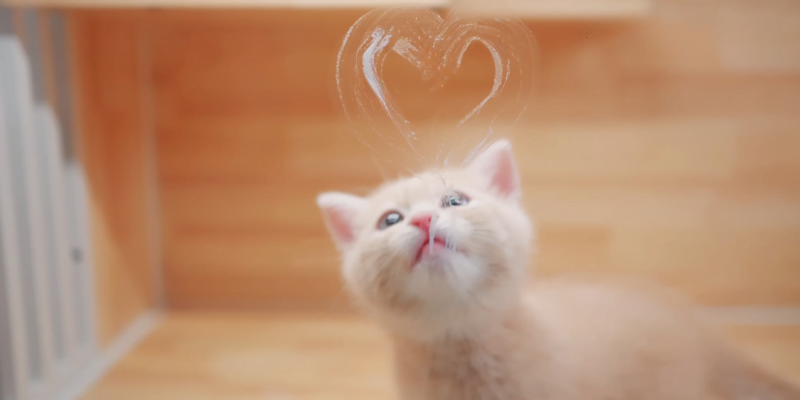
Conclusion
Can cats have CBD oil? The answer is yes! CBD oil can be safely used for cats and may offer various potential benefits. In order to treat conditions like anxiety, inflammation, and discomfort in their feline companions, many pet owners and veterinarians are increasingly turning to CBD oil as a supplemental treatment.
It is crucial to seek a veterinarian’s guidance before incorporating CBD oil into the cat’s daily routine, choose premium products designed exclusively for pets, and pay close attention to the cat’s response to ensure the safety and wellbeing of the cat. By approaching CBD oil use responsibly, we can explore its potential advantages and contribute to the overall health and happiness of our beloved feline friends.
I am Nelson Cooper, I pursue my passion for writing and my belief is that cats love humans. I enjoy traveling and have a deep appreciation for the beauty of nature, as well as a soft spot for animals, particularly cats.


